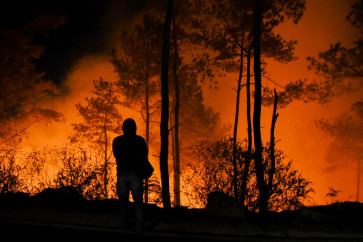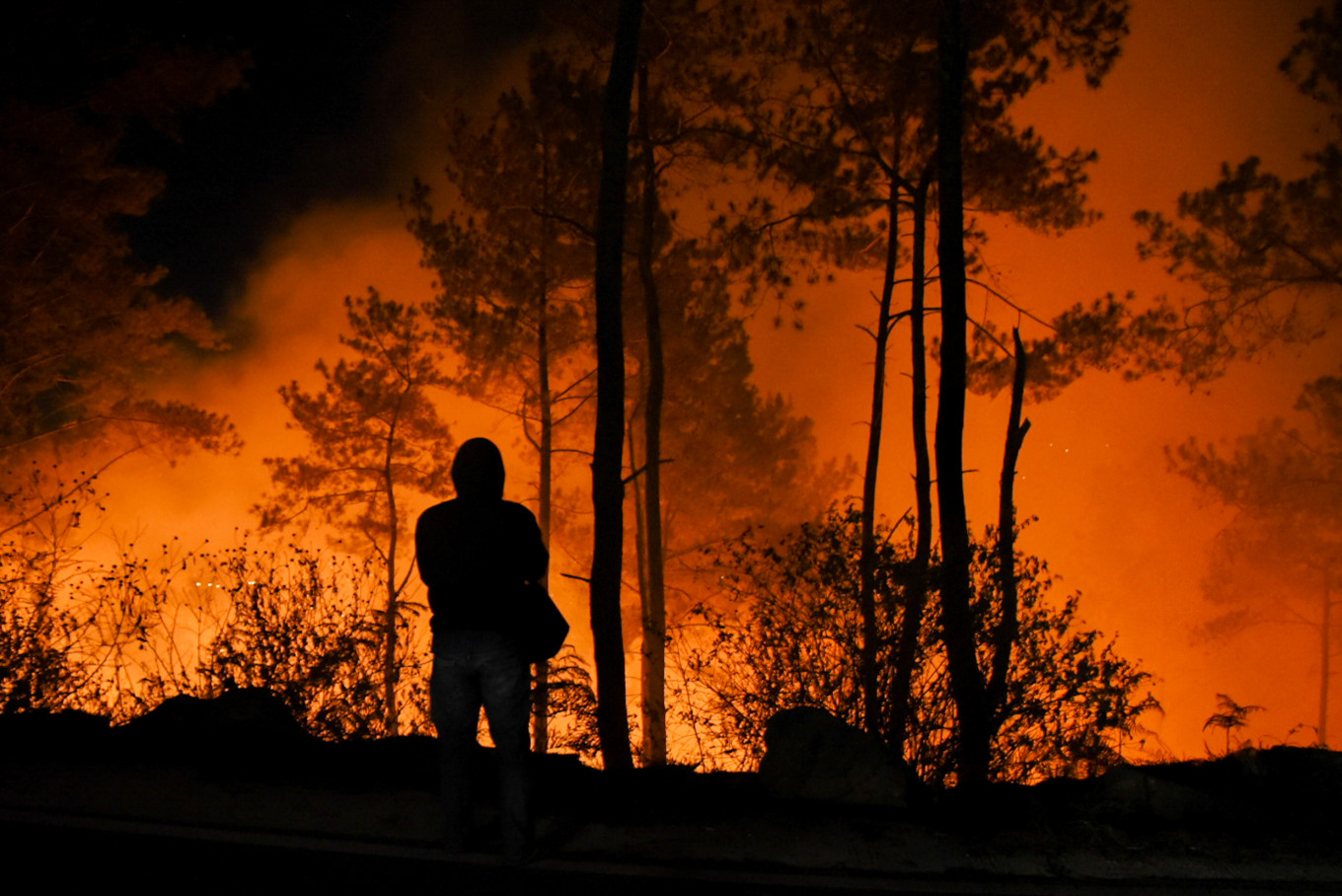Popular Reads
Top Results
Can't find what you're looking for?
View all search resultsPopular Reads
Top Results
Can't find what you're looking for?
View all search resultsHow Indonesian banks can catch up on climate
Southeast Asian governments are increasing their understanding of the need to transition and many have made aggressive national commitments to tackle climate change.
Change text size
Gift Premium Articles
to Anyone
The world is facing its largest international challenge in the history of mankind: climate change. The response to this challenge has been multifaceted. Governments have sought to raise public awareness, accelerate energy transitions, incentivize green alternatives, such as electric vehicles, and introduce progressive carbon taxes to alter the economic calculus.
Meanwhile, the corporate world is prioritizing transitionary initiatives, both out of a sense of its own self-interest — choosing to follow the trend rather than get disrupted — and a genuine sense of social responsibility.
But one of the most dramatic responses in recent years has been from the financial services sector. A mix of climate risk, investor pressure, industry-wide action and changes in customer demand has accelerated the green transition in finance globally.
At the time of writing, only two banks in Southeast Asia have signed up to the Net Zero Banking Alliance (NZBA), an initiative under the broader Glasgow Financial Alliance for Net Zero (GFANZ). As NZBA members, these banks commit to align their lending and investment portfolios with net-zero emissions by 2050.
Others have announced intentions to make portfolio alignment commitments but have yet to join the international group. Meanwhile, the majority of banks in the region have created environmental, social and governance (ESG) policies and excluded certain non- green activity. They have, however, stopped short of making wholesale net-zero commitments for their lending and investment portfolios.
The response from banks in Southeast Asia has undoubtedly been slower than their western counterparts, but it is important to note that climate action in the region is complicated. The very industries that are contributing most to climate change – oil and gas, coal, mining, palm oil, agriculture, heavy industry and transportation – represent the cornerstones of the regional economy.
Failure to recognize and take appropriate action leaves local financial institutions in danger of holding stranded assets long after international investors have exited. However, taking action locally is complicated by the need to balance responses to climate risk with other critical development goals.
to Read Full Story
- Unlimited access to our web and app content
- e-Post daily digital newspaper
- No advertisements, no interruptions
- Privileged access to our events and programs
- Subscription to our newsletters
Purchase access to this article for
We accept



Redirecting you to payment page
Pay per article

How Indonesian banks can catch up on climate
Rp 35,000 / article
- Palmerat Barat No. 142-143
- Central Jakarta
- DKI Jakarta
- Indonesia
- 10270
- +6283816779933




Your Opinion Matters
Share your experiences, suggestions, and any issues you've encountered on The Jakarta Post. We're here to listen.
Thank You
Thank you for sharing your thoughts. We appreciate your feedback.
Share options
Quickly share this news with your network—keep everyone informed with just a single click!
Gift Premium Articles
to Anyone
Share the best of The Jakarta Post with friends, family, or colleagues. As a subscriber, you can gift 3 to 5 articles each month that anyone can read—no subscription needed!
Continue in the app
Get the best experience—faster access, exclusive features, and a seamless way to stay updated.











